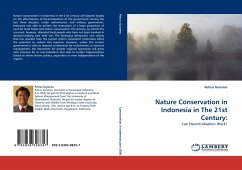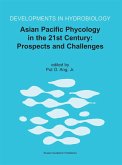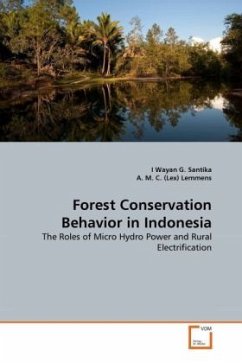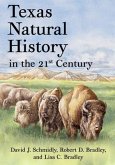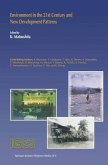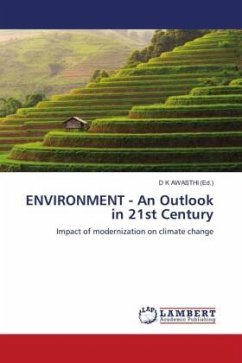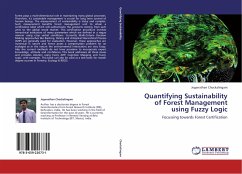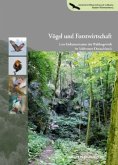Nature conservation in Indonesia in the 21st century will depend largely on the effectiveness of decentralization of the government. During the last three decades, under authoritarian and military government, Indonesia was able to achieve the reservation of a large proportion of land for state forest and nature conservation. The process, by which this occurred, however, alienated local people who have not been involved in decision-making over land use. The emerging democratic civil society that has resulted from the current reform movement (reformasi) offers the potential to redress this injustice. However, unless the current government is able to respond to demands for inclusiveness in resource management, the movement for greater regional autonomy will grow with pressure for in sub-ordination that lead to further fragmentation based on ethnic-driven politics, separation or even independence of the regions.

